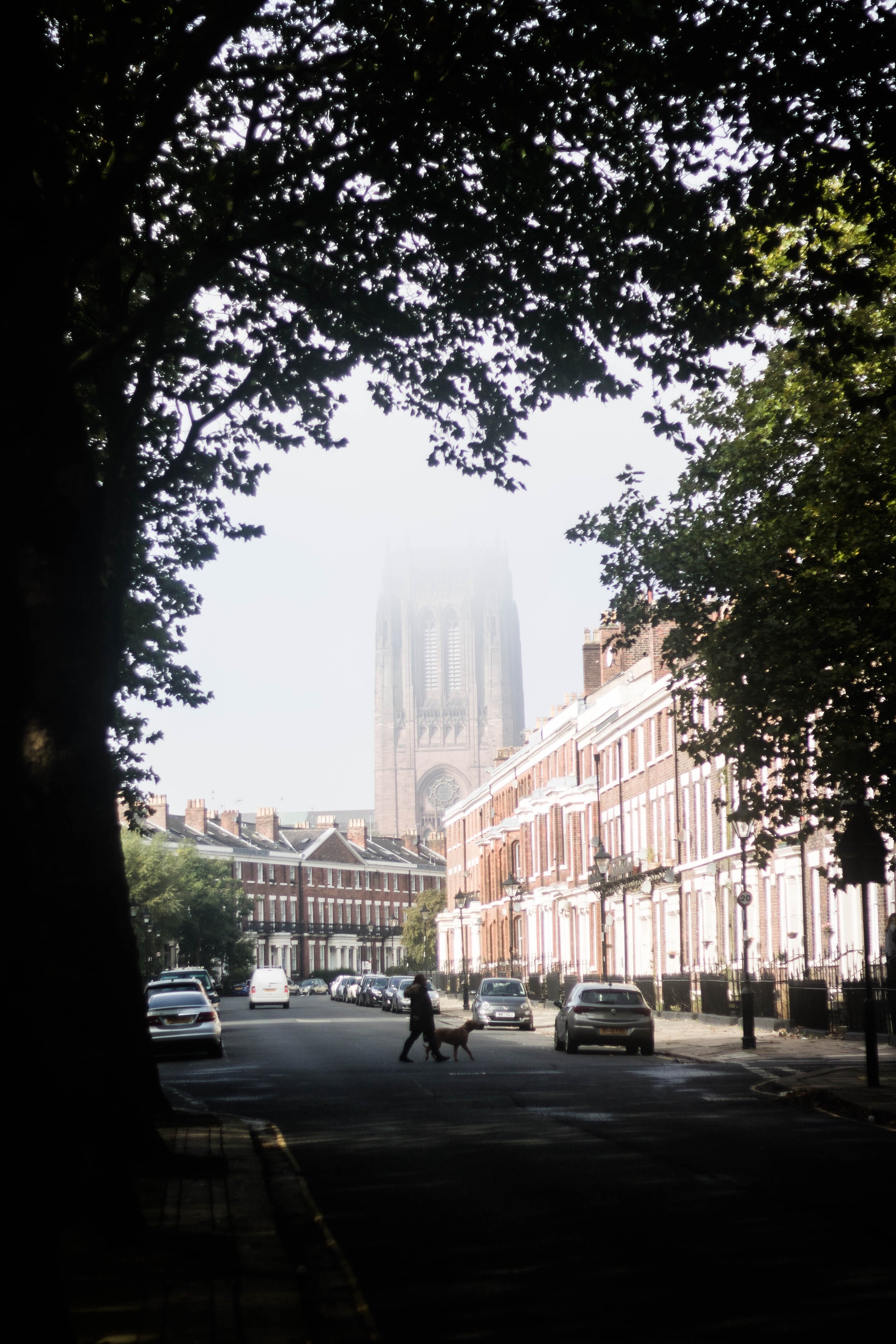
Anti-Social Behaviour
Everyone deserves to feel safe in their home and community, and we all play a role in making this happen.
Most neighbour disagreements can be resolved through open conversations with mutual understanding and consideration. However, if anti-social behaviour (ASB) is more serious, we will work with you to resolve it. Your Neighbourhood Housing Officer will investigate every report and provide advice, aiming for informal solutions first. If necessary, we will take more serious action, working with partners such as The ASB App.
We assure all current and future tenants that ASB will not be tolerated. We collaborate with partners such as the Wirral ASB Team, Merseyside Police, and community safety teams. In severe cases, we may use measures like Injunctions, ASBOs, Demoted Tenancy Orders, Acceptable Behaviour Contracts or evictions, although eviction is a last resort.
If you’re affected by ASB, you can report it or seek advice through our customer portal, by phone, or via our Contact Us page.
-
Nuisance and Anti-Social Behaviour are actions that disrupt someone's peaceful enjoyment of their home. This can involve direct harassment, where one or more people target an individual, or more general disturbances caused by individuals or groups affecting the wider community.
-
Once we receive your complaint, we will log it and start investigating. It’s helpful if you can provide details like times, dates, and names (if possible). We recommend keeping a record of incidents using the ASB reporting form on the customer portal.
If you are experiencing noise nuisance from neighbours, we’ll ask you to use the Noise App to record it. This helps us gather evidence by showing what happened and when.
-
Dealing with ASB can be complex and take time, but we will keep you updated throughout the investigation. You can also contact your Neighbourhood Housing Officer for progress updates. For more serious cases, we work with the Wirral ASB Team, who specialise in ASB investigations and legal action, as well as with local partners like other housing associations, the council, community safety groups, and Merseyside Police.
Victims of anti-social behaviour can escalate their existing complaints by asking for a multi-agency case review. This review is known as an ASB Case Review, and was formerly known as a Community Trigger. These reviews look at ASB reports to see if they have been properly addressed. It ensures agencies work together to resolve complaints and review how they have responded. If the threshold for carrying out an ASB Case Review is met, the review will check whether the right processes were followed. More information on ASB Case Reviews, including how to make a request for a review, can be found on Liverpool City Council's website.
ASB Guide










